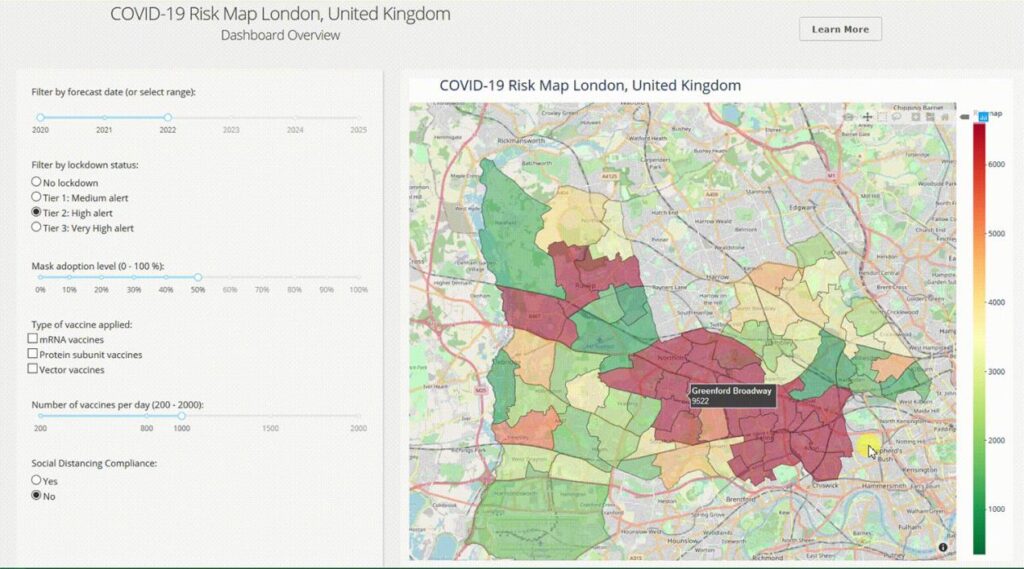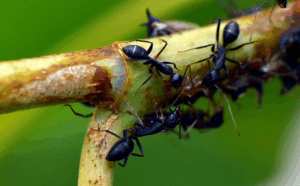Scientists seek help to simulate universities’ Christmas COVID threat

A team of researchers whose coronavirus models correctly forecast that local lockdown measures in London wouldn’t help contain a second wave have turned their attention to the UK’s universities in the hope they can help institutions better plan a safe post-Christmas return for their students.
With most students now returning home for Christmas and lockdown restrictions due to be eased for festivities, universities across the country are having to commit significant resources into planning how they can contain the virus when everyone returns for the January term.
Now, the team behind FACS – the ‘Flu And Coronavirus Simulator’ that made headlines over the summer when it forecast that a second wave was likely in the capital ‘in almost all cases’ – have said they plan on turning their algorithms to understanding how various campus-level measures will affect transmission amongst a university’s students and staff.
“We want to be able to publish the results from our simulations for different locations and universities, so people can consult them and receive forecasts on a regular basis,” said Dr Derek Groen, a Lecturer in Simulation and Modelling at Brunel University London, whose team are looking to publicly raise £25,000 before January to fund the project.
“So, for example, if you want to see what sort of locations at a university would be riskiest for transmission, they would be able to look at a campus map of a university and see the risks in different types of buildings, based on our algorithm.”
The system will allow universities to test and visualise a variety of measures, including closing buildings, reducing class sizes or mandating the wearing of masks, to see how each would affect the number of cases over the coming months. The team say the simulation can also help universities see how students and staff receiving any forthcoming vaccine is likely to affect transmission.
The team hope to raise between £5000 and £25000 via Brunel’s Hubbub crowdfunding system, and are offering rewards at various levels, including a place on the project’s advisory board to those donating over £20,000.
If they hit their minimum £5000 funding goal, they will develop a proof-of-concept website with models for Brunel and two other universities which will be updated weekly so staff and students can see their local risk levels, whilst maximum funding will allow the team to produce models for two further universities, two London boroughs and other regions determined by their main donors. Exceeding their target will allow the researchers to further expand their simulations to other universities and regions.
FACS previously gained nationwide media attention when it showed that localised lockdown measures in London were likely to be ineffective and that a second wave of coronavirus was likely in ‘almost all cases.’
Full simulations were developed for a number of London boroughs, including Brent, Ealing, Hillingdon, and Harrow, with more basic forecasts produced for Westminster, Kensington, Fulham and Chelsea.




